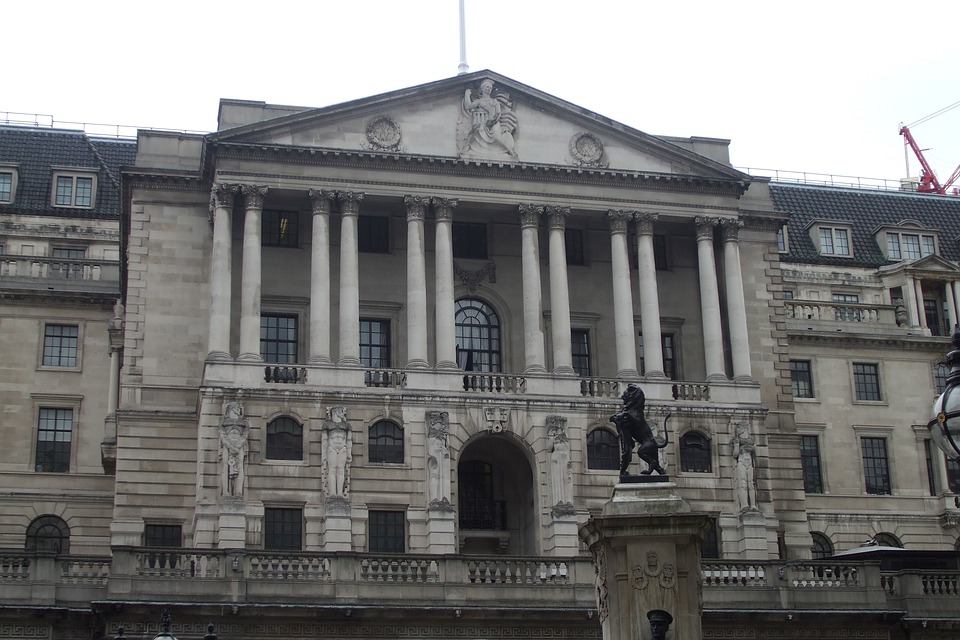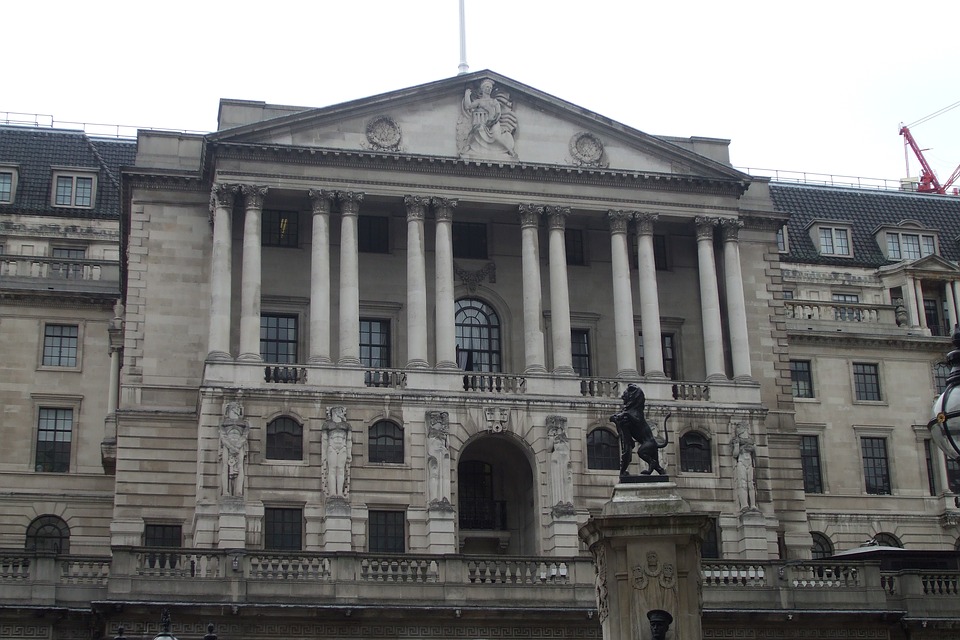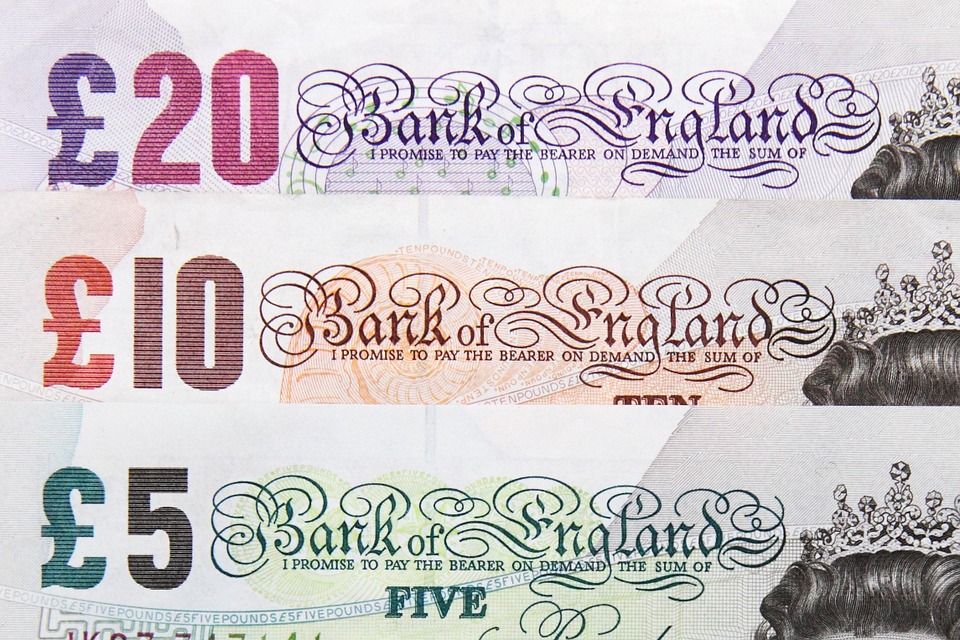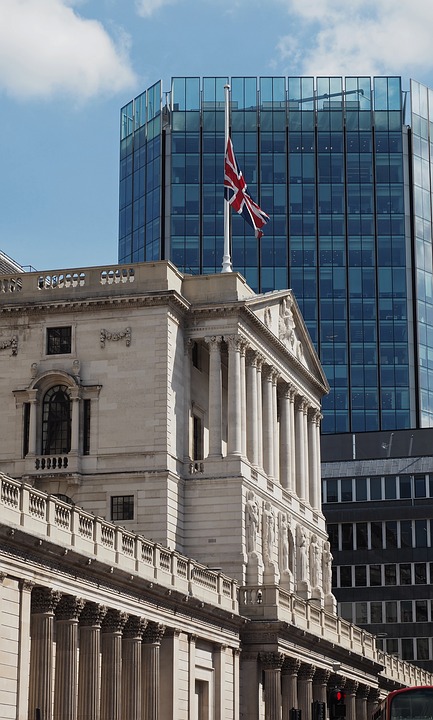The Monetary Policy Committee kept the Bank of England base rate at 0.5 per cent for March, but previously warned that due to inflation and strong economic performance, rates are likely to rise faster than previously expected.
Some economists are predicting a 0.25 per cent rise as early as May, with potential for another increase later in the year.
Against this backdrop, is now a good time to invest in residential property?
Yes, for three key reasons.
First, we expect the impact on house prices of small interest rate rises will be concentrated in more expensive markets where people need very large deposits and higher incomes to support higher mortgage costs.
We’ve already seen house price falls in parts of London and the surrounding commuter belt, and affordability pressures and other economic uncertainties could lead to further reductions.
However, the Mortgage Market Review to stress test new mortgage offers against higher interest rates provides significant protection against default and, crucially for investors, house price falls are not a consistent story across the country.
In contrast to London, we’re seeing house price rises across the Midlands, south west and some of the northern regions. We expect house price growth in these areas to continue, albeit at a slower rate, regardless of Brexit uncertainty and interest rate rises, as average earnings have kept pace with house prices, aiding affordability.
Second, when investing in residential property, rental income is as important as capital growth, if not more so.
Private rental income, in contrast to commercial property, has proven to be extremely resilient across all economic cycles.
Fundamentally, we all need somewhere to live and the UK has a serious problem with undersupply of housing.
The government has said we should be building around 300,000 new houses a year, but in the last decade we have not even reached 200,000 a year.
Help to Buy and changes to stamp duty for first-time buyers have largely failed to stimulate growth in supply.
Brexit will not change this basic problem: even if immigration were to fall, with a growing domestic population and increasing longevity, the number of UK households will continue to rise.
And with uncertainty around interest rates, more people may choose the flexibility of renting rather than buying.
A significant minority of rented homes fail to meet Decent Homes Standards, meaning landlords of high quality, modern homes have an increased chance of attracting good tenants.
These factors all point to continued demand for well managed private rental accommodation and the outlook for residential rental income remains strong.
And finally, residential property offers an important diversification opportunity for both capital and income risk.
As an asset class, it shows low correlation with UK equities, fixed interest and cash over the medium- to long-term, through a combination of lower volatility and different underlying drivers and provides a diversified stream of income compared to traditional sources, such as bonds or dividends.
It also has a different risk return profile to commercial property and greater liquidity due to residential’s smaller average property sizes and larger volumes of transactions. As every property is different, investment at scale in the sector can be used to spread risk across a variety of locations and property types, and a large number of tenants.
Historically, residential property has provided attractive returns and low volatility over the longer term, regardless of the economic cycle, alongside low correlation to other mainstream asset classes.
Changes in interest rates will not change these fundamental investment benefits.
Alan Collett is chairman and fund manager at Hearthstone Investments
Source: FT Adviser









